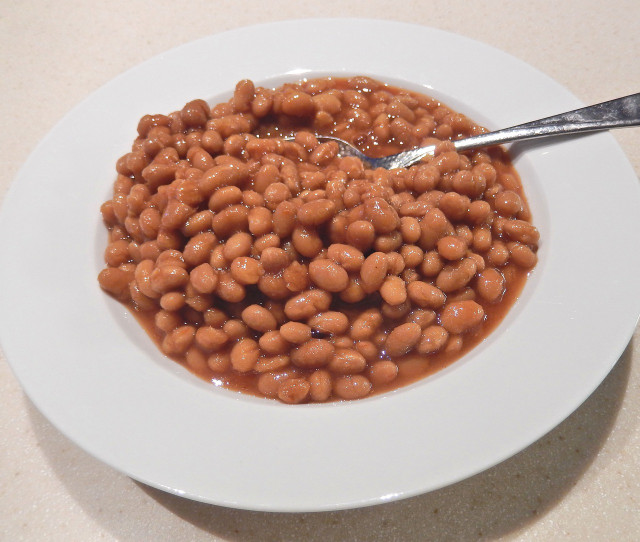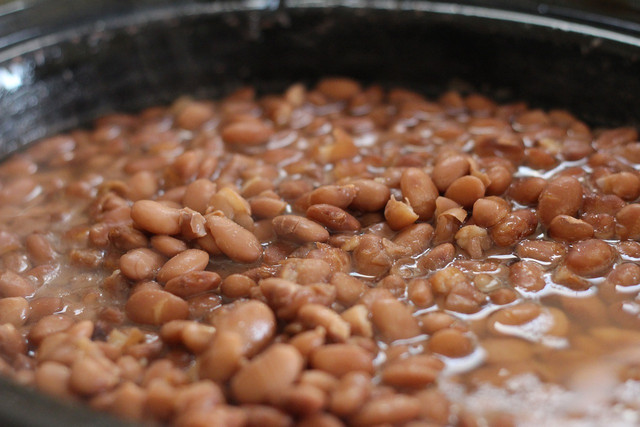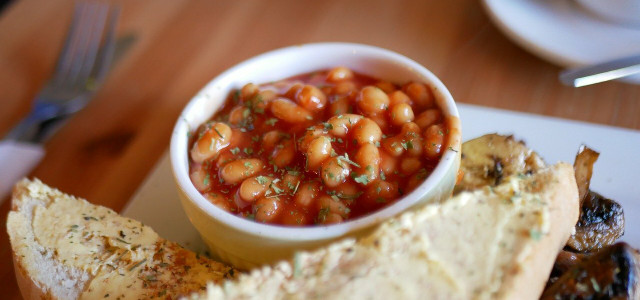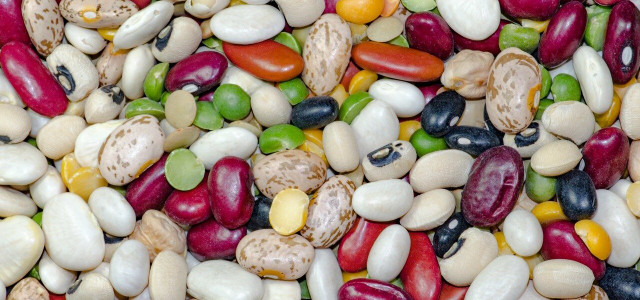Freezing food produce and leftover meals will help prevent food waste, but can you freeze baked beans? Here we give you some good practical tips on how to do so.
Reducing your food waste is always a good thing – not only will you end up saving money, but you will also be doing your own small part in helping the environment. Food waste always ends up in landfill, where it will inevitably create methane, a major contributor to greenhouse gas emissions globally. Food waste can also create all sorts of problems for local waterways, contaminating aquatic environments with disease-causing by-products and bacteria.
A great way to avert this is to compost your food waste, which can then be used as a natural fertilizer in your gardens. Even if you live in a small apartment, food composting is still possible. Failing that, contact your local government and find out where you can compost your food waste at a processing center in an eco-friendly manner.
What Types Of Beans Can Be Frozen?



(Foto: CC0 / Pixabay / pixel1)
Beans are a kitchen pantry staple, providing a quick and nutritious meal idea at virtually any time. All beans add a good amount of vegetarian protein to your nutritional habits, along with a long list of healthy vitamins and minerals that we all need as part of a balanced diet. Beans are great for the planet as well, since crops use less water and energy when compared to the meat industry and while growing, beans have an amazing ability to reintroduce nitrogen (a natural fertilizer) to the soil.
Ideal for batch cooking and freezing for quick meals during your busy week, it’s good to know that basically any variety of beans can be frozen, from baked beans to black beans, whether they have been cooked or canned. Simply place your beans in a reusable, freezer-safe container. Not just baked beans by themselves, but all sorts of mouthwatering dishes using beans as an ingredient can be frozen and stored in your freezer for up to six months.
How To Freeze Baked Beans The Right Way



(Foto: CC0 / Pixabay / HomeMaker)
1. Don’t Overcook Or Overheat Your Baked Beans
If you overcook or overheat your baked beans, you can cause them to split and fall apart, meaning you will end up just freezing a baked bean mush. To ensure you retain their firmness and texture, heat canned baked beans on low heat. If you’re making a vegan chili or soup dish, add your canned baked beans last and finish cooking after 5-10 minutes to keep them firm.
2. Preserve The Texture Of The Baked Beans
A good way to preserve the texture of your baked beans while they are frozen is to add a splash of vinegar or lemon juice to your beans at the very end of the cooking process. A teaspoon or two added right before your beans are fully cooked is the way to go for the best results.
3. Let The Baked Beans Cool Down First
Cooling baked beans completely before freezing will ensure the freezing process is a quick one once they are in the freezer. This also prevents your beans from heating up other foods in your freezer, which might affect their quality. Putting your baked beans or leftovers into smaller containers rather than one big one will make them easier to store, and allows you to create a regular, on-the-go meal plan using your frozen baked beans on those work days where you don’t have the time to cook from scratch.
4. Give Your Baked Beans Some Room
Once cooled, when you place your baked beans into your airtight freezer containers, give them some room at the top of each one, at least a half-inch, so any sauce and liquid in your beans can expand properly without damaging your container and/or squishing your beans during the freezing process.
5. Reheat Your Baked Beans Slowly
Much the same as overcooking, if you reheat your thawed baked beans too rapidly, you will again only end up with a not-so-nice-looking bean sludge. Alternatively, you may end up cooking only the outside of the beans while the inside of them remains cold and uncooked. Always thaw your frozen beans in the fridge or at room temperature and reheat them just below having them simmering in the pot or pan.
6. Take Your Baked Beans Out Of The Tin
Freezing baked beans in their sealed tins is a no-no. Since the baked beans are mostly sauce and liquid, when they freeze they might rupture the tin as they expand. This could end up causing spillage and exposing the baked beans to freezer burn, leading to unnecessary waste.
7. Avoid Freezing Baked Beans In The First Place
Canned baked beans have a ridiculously long shelf life so avoiding the need to freeze them in the first place is your best option. If you find yourself or your family constantly leaving leftover baked beans, consider buying smaller cans and cooking smaller portions of baked beans instead.
Read more:
- 3 Tasty Vegetarian Dutch Oven Recipes for Busy Nights
- Bean Water: Why You Should Save It and What to Do With It
- The Best Vegan Shepherd’s Pie with Lentils
Do you like this post?









